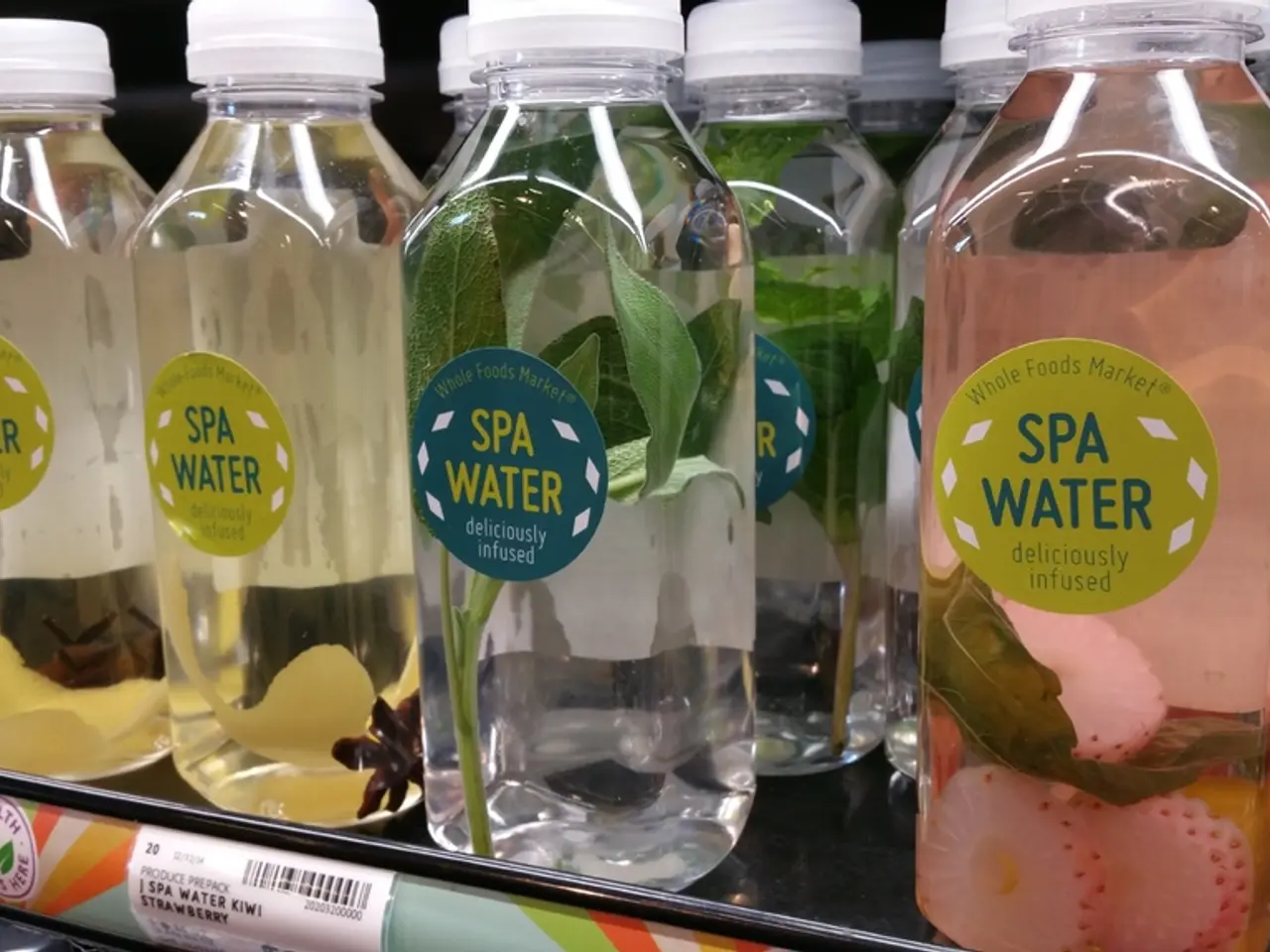V8 Safe for Consumption? Exploring Advantages and Nutrients
In the realm of popular vegetable juices, V8 stands out as a beverage of choice for many. However, when it comes to evaluating its nutritional value, nutritionists consider several factors, such as fiber content, sodium levels, and how it compares to consuming whole vegetables and fruits.
### Fiber Intake: A Modest Amount V8 Original 100% Vegetable Juice contains approximately 2 grams of fiber per cup. While this is a significant amount compared to some juices, it is still less fiber than what whole vegetables provide. Fiber is crucial for promoting fullness, aiding digestion, and helping stabilize blood sugar levels. Thus, juice, lacking the full fiber content of whole vegetables, should not be considered a substitute for eating real vegetables in terms of fiber intake.
### Sodium Content: A Cause for Concern Sodium content can be a concern, especially with the original V8 juice, which is quite high in sodium, with about 640 mg per 8 oz serving. This amounts to roughly 28% of the recommended daily intake. For those monitoring their salt intake, V8 Low Sodium is a better choice, with about 140 mg sodium per 8 oz serving. High sodium intake may increase the risk of hypertension and cardiovascular issues, so nutritionists often recommend choosing the low-sodium version if drinking V8 regularly.
### Comparison with Whole Vegetables and Fruits V8 juice offers a convenient source of vitamins, minerals, and antioxidants from a blend of eight vegetable juices (tomato, carrot, celery, beets, parsley, lettuce, watercress, spinach), which can contribute to daily vegetable intake. However, it does not provide the fiber, protein, or fats found in whole vegetables and fruits. The calorie content is low, so while it can add nutrients, it is not filling or sufficient as a meal replacement. Compared to fruit juices, V8 (especially the original 100% vegetable juice) has less sugar and fewer carbohydrates, making it a healthier juice option overall.
In conclusion, nutritionists appreciate V8 juice as a nutritious vegetable juice option that provides vitamins and antioxidants, but caution that it should be consumed in moderation due to its sodium content (preferably the low-sodium variety). It cannot replace whole vegetables in the diet, especially because of lower fiber and lack of protein/fat. It is best used as a supplement to a balanced diet, not a meal replacement. Thus, V8 juice can be part of a healthy diet, offering some vegetable nutrients in a convenient form, but whole vegetables and fruits remain superior for overall nutrition, especially fiber intake.
- Bipolar disease, like diabetes, requires careful management in one's health-and-wellness routine.
- Macular degeneration, a common vision disorder associated with aging, can potentially be delayed with a diet rich in certain vitamins.
- Colitis, an inflammatory bowel disease, can be managed through diet, including avoiding trigger foods like some vegetables.
- Psoriasis and Crohn's disease, chronic health conditions, may require specific dietary modifications for symptom management.
- Eating a balanced diet is crucial for maintaining healthy sugar levels, aiding in the prevention of Type 2 diabetes.
- HIV patients often face nutritional challenges, particularly the need for a diet rich in proteins to support immune function.
- Degenerative diseases, such as Alzheimer's, may be associated with the depletion of certain nutrients, making a nutrient-rich diet essential for prevention and management.
- NSCLC, one type of lung cancer, may be affected by nutritional factors, making a diet low in certain substances potentially predictive.
- For those struggling with obesity, a balanced diet, fitness-and-exercise routine, and adequate nutrition can support weight loss efforts.
- Fiber intake is essential for promoting fullness and stabilizing blood sugar levels, which is crucial for managing depression.
- Dry eye can be exacerbated by a poor diet, making a diet rich in essential nutrients important for maintaining eye health.
- AQ, a pollutant associated with health issues like respiratory problems, can potentially be mitigated with a diet rich in antioxidants.
- Ulcerative colitis, a type of inflammatory bowel disease, may benefit from a diet low in certain foods, like sugary or processed items.
- Asthma management often involves avoiding trigger foods, such as dairy or certain vegetables, and ensuring a balanced diet rich in nutrients like vitamins and minerals.




